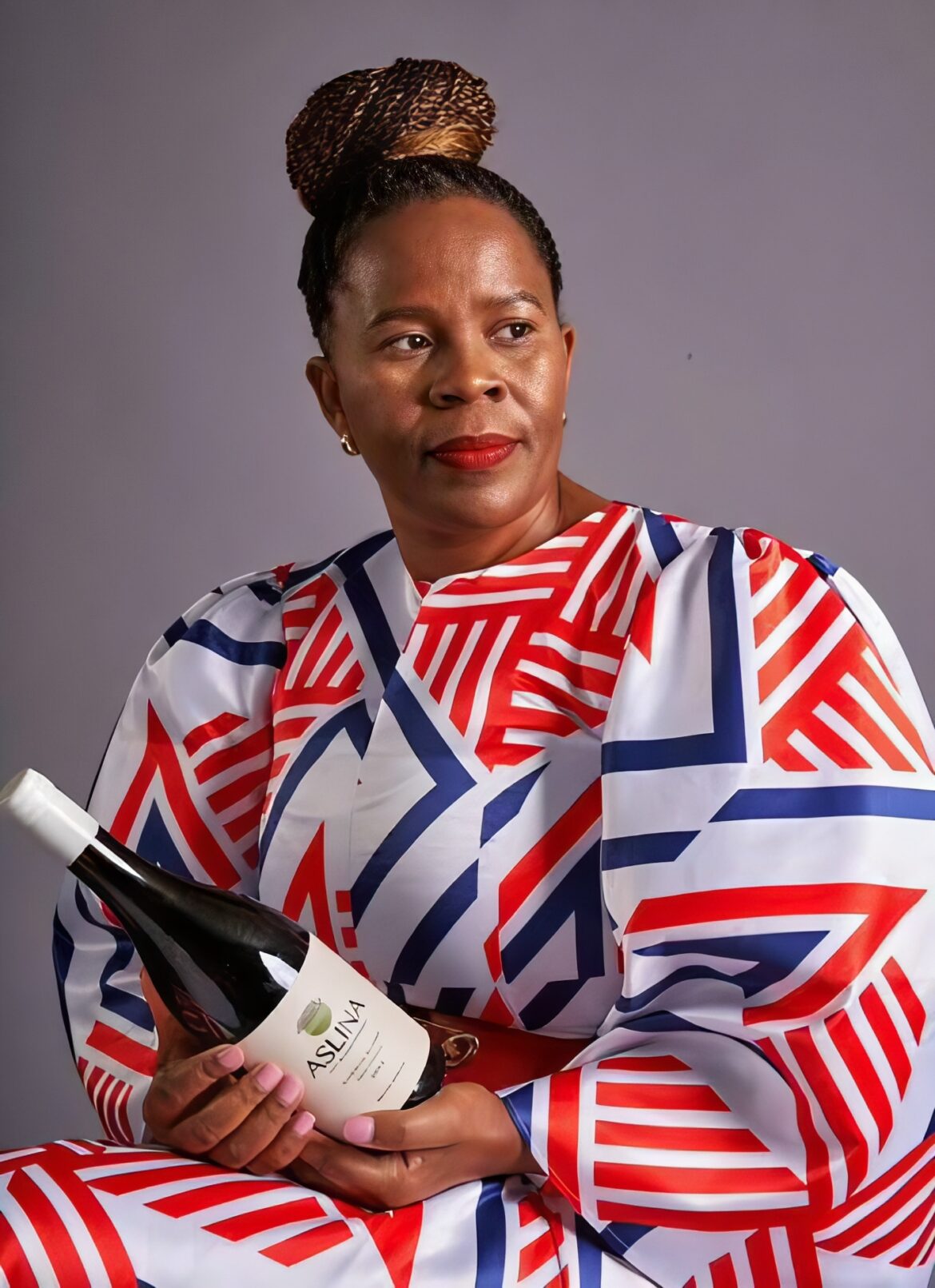In 1998, Ntsiki Biyela had never tasted wine. She didn’t come from a family of wine drinkers or grow up around vineyards. But when South African Airways offered her a scholarship to study winemaking at Stellenbosch University, she saw it as an opportunity—and she took it.
Leaving her rural village of Mahlabathini in KwaZulu-Natal for Stellenbosch was a culture shock. The classes were taught in Afrikaans, a language she didn’t speak, and she was one of the few Black students in a predominantly white institution.
But Ntsiki Biyela had already learned resilience. After high school, she worked as a domestic worker for a year while searching for ways to continue her education. This scholarship was rare; she wouldn’t let language barriers or scepticism hold her back. Slowly but surely, she fell in love with winemaking.
Biyela breaks barriers at Stellekaya Wines
After graduating in 2003 with a degree in viticulture and oenology, Biyela joined Stellekaya Wines, a boutique winery in Stellenbosch, making her South Africa’s first African female winemaker at 26 years old.
That feat was historic, but it came with challenges. White men long dominated the wine industry, and Biyela had to prove herself repeatedly. Vineyard owners doubted her expertise. Consumers were surprised to find an African woman behind the bottle. But she let her wines speak for themselves.
Her first red blend won a gold medal at the Michelangelo International Wine & Spirits Awards. By 2009, she was named South Africa’s Woman Winemaker of the Year.
Biyela moves to found Aslina
As Biyela’s career flourished, she wanted more than to make wine—she wanted to create a brand that reflected her heritage and identity. So, in 2016, she left Stellekaya and launched Aslina Wines, named after the woman who had shaped her the most: her grandmother, Aslina.
“Since I was a student, I knew that at some point I was going to start my own company,” Biyela told Forbes.
At the time, she didn’t own vineyards. She didn’t have major investors. But she had something more powerful—passion, experience, and an unwavering belief in her craft.
Today, Aslina Wines has gained international recognition. From Cabernet Sauvignon to Umsasane, a bold Bordeaux blend named after her grandmother’s nicknames, her wines are now enjoyed worldwide. The brand’s logo, a calabash, a traditional Zulu drinking vessel, symbolizes her deep connection to her roots.
Impact beyond the bottle
Beyond making award-winning wines, Biyela is reshaping South Africa’s wine industry. For years, Black South Africans were overlooked as wine consumers, partly because traditional tasting notes didn’t resonate with their palates. Biyela is changing that.
Instead of using European descriptors like truffles or gooseberries, she describes her wines in ways her community understands, such as ‘amasi, ‘ a local fermented milk product.
She’s also investing in the next generation of winemakers. As a Pinotage Youth Development Academy board member, she helps train young South Africans from disadvantaged backgrounds, giving them the knowledge and skills to enter the industry.
In 2021, Ntsiki Biyela was honoured with the Diversity and Transformation Award at the Wine Harvest Commemorative Event, celebrating her role in paving the way for future winemakers.



